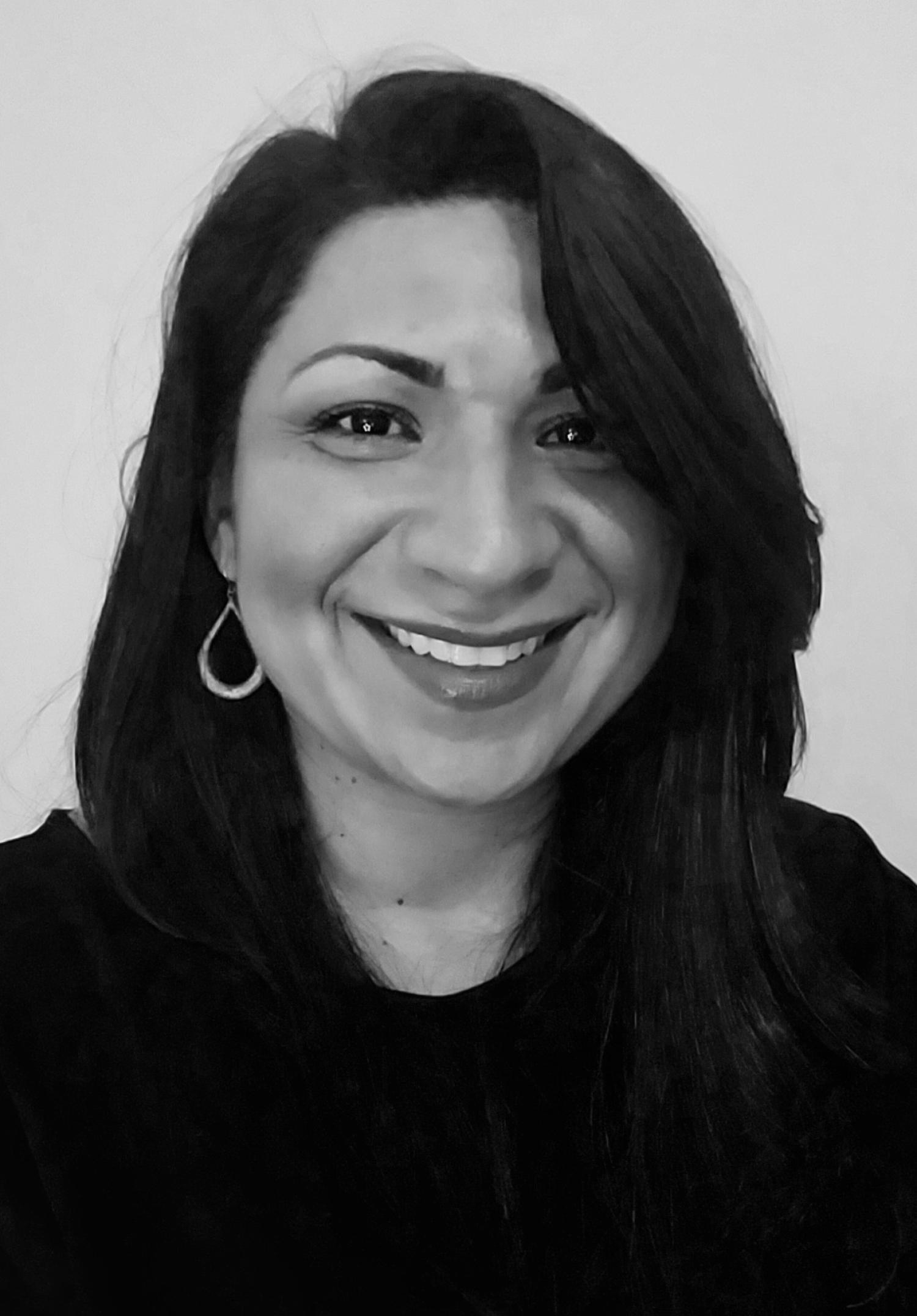Natalie Mendoza
- Assistant Professor
- MEXICAN AMERICAN HISTORY / MODERN US

Muenzinger D148-A
Spring 2025
T 1:00-2:30 PM via Zoom, also by appointment
Professor Mendoza specializes in Mexican American and Chicanx history, U.S. Latinx history, U.S. civil rights history, and the history of race and racism in the United States.
At the undergraduate level, Professor Mendoza teaches courses on United States history, including: “Mexican American History since 1848,” “American Identity and Belonging in the World War II Era,” and “Social Movements in the 20th Century United States.” At the graduate level, she teaches a pedagogy course called “Teaching History in the University.”
Professor Mendoza graduated with a B.A. in Political Science from Sonoma State University in Northern California where she taught high school history for a short time before earning her Ph.D. in History from the University of California Berkeley. Her current book project, Good Neighbor at Home: Mexican American Politics in the World War II Era, examines the impact of geopolitics and war on Mexican American intellectual thought, identity formation, and political activism in the 1930s and 1940s (under contract with the University of Pennsylvania Press). A portion of this work appears in her article, “Good Neighbor in the American Historical Imagination: Mexican American Intellectual Thought in the Fight for Civil Rights, 1930s-1940s,” published in TheWestern Historical Quarterly (2021). During the 2019-2020 academic year, Professor Mendoza was the David J. Weber Fellow at the Clements Center for Southwest Studies in Texas, where she spent the year revising her Good Neighbor at Home manuscript. In 2023, she won a Summer Stipend from the National Endowment for the Humanities in support of her book project.
In addition to studying the past, Professor Mendoza has an active research agenda in the Scholarship of Teaching and Learning in History (HistorySoTL), a body of literature that uses theoretical and evidence-based research to examine the discipline-specific problems in the teaching and learning of history. Professor Mendoza first came to CU Boulder as the project lead for the History Teaching & Learning Project (2017-2019), in which she relied upon her training as a historian and her expertise in HistorySoTL to direct a department-wide effort to improve undergraduate curriculum. Her publications in history education include: “Assessment in the History Classroom” (co-author) in Teaching History: A Journal of Methods (2019); “Rethinking Student Success: History Pedagogy and the Promise of Social Change Across the K-16 Continuum” in The Journal of American History (March 2020); “Scholarly Teaching for All, Research for Some: On the Roles of Research and Scholarship of Education in the Disciplines” (co-author) in Change Magazine (October 2020); “Racializing Legality in Post-1965 Immigration Debates” chapter in Understanding and Teaching Recent American History since 1980, edited by Amy Sayward and Kimber Quinney (University of Wisconsin Press, 2022); and “The History Teaching & Learning Project: Laying the Groundwork for Departmental Change at the University of Colorado Boulder” in The Journal of American Hisotry (March 2024).
Professor Mendoza has also done extensive consultation work to improve history education at multiple levels. She has consulted for K-12 social studies teachers in both California and Colorado, written essays for the New York City Department of Education, facilitated workshops for graduate students at UC Berkeley and CU Boulder, co-founded the Teaching History Conference to support teachers and professors across the K-16 continuum, and served on an ad hoc committee for the American Historical Association tasked with drafting a statement on the value of SoTL in History to the discipline. Professor Mendoza is currently the Review Editor for Teaching History: A Journal of Methods and serves on the College Board Test Development Committee for the AP US History Exam.
Professor Mendoza is not currently accepting M.A. and PhD students, but is happy to serve on graduate committees related to Mexican American history, US Latinx history, the history of race and racism in the US, intellectual history, and Modern US history.

